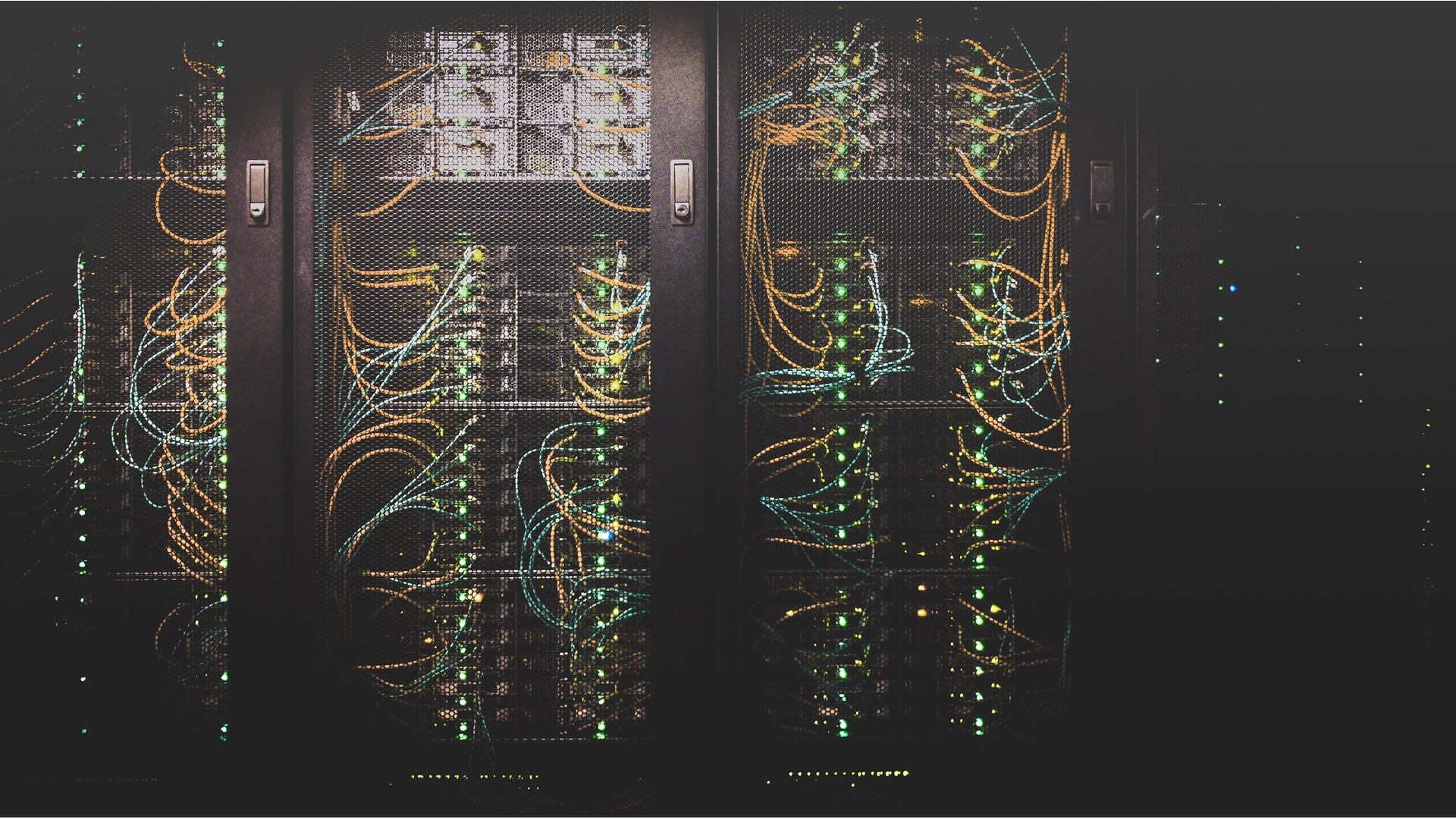Is hybrid cloud storage right for you?
Flexible and cost effective cloud storage for businesses

Here at Tom’s Guide our expert editors are committed to bringing you the best news, reviews and guides to help you stay informed and ahead of the curve!
You are now subscribed
Your newsletter sign-up was successful
Want to add more newsletters?

Daily (Mon-Sun)
Tom's Guide Daily
Sign up to get the latest updates on all of your favorite content! From cutting-edge tech news and the hottest streaming buzz to unbeatable deals on the best products and in-depth reviews, we’ve got you covered.

Weekly on Thursday
Tom's AI Guide
Be AI savvy with your weekly newsletter summing up all the biggest AI news you need to know. Plus, analysis from our AI editor and tips on how to use the latest AI tools!

Weekly on Friday
Tom's iGuide
Unlock the vast world of Apple news straight to your inbox. With coverage on everything from exciting product launches to essential software updates, this is your go-to source for the latest updates on all the best Apple content.

Weekly on Monday
Tom's Streaming Guide
Our weekly newsletter is expertly crafted to immerse you in the world of streaming. Stay updated on the latest releases and our top recommendations across your favorite streaming platforms.
Join the club
Get full access to premium articles, exclusive features and a growing list of member rewards.
When it comes to the best cloud storage, businesses have more options than ever thanks to the growing number of providers ranking among the best cloud storage for business. One option open to businesses is hybrid cloud storage, where data is stored on local and cloud-based servers.
Hybrid cloud storage has important advantages over both traditional cloud and on-premises storage. As a combination of cloud storage and local storage, it can enable businesses to scale data storage capabilities, increase processing speed for frequently accessed data, and cut down on IT costs.
Is hybrid cloud storage right for your business? We explain how a hybrid cloud storage model works in practice, and what types of situation it's best suited to.
What is hybrid cloud storage?

Hybrid cloud storage involves a mix of cloud-based and on-premises data storage. The key to a hybrid cloud model is that data can move seamlessly between the cloud and local servers. That way, data can be moved around in whatever way your business needs to maximize both computing efficiency and cost efficiency.
For example, a hybrid cloud storage system might involve keeping 30% of your company’s data stored on your own servers, managed by your own IT staff. This data could be ‘working’ data that is frequently accessed by employees or is currently in use for a major computational process.
The other 70% of your data might be stored with a dedicated cloud storage service like Amazon S3. This data can be stored cheaply, but can also be freely moved onto your company’s servers at any time if it needs to be accessed for a project.
Hybrid cloud storage is more flexible

One of the major advantages of hybrid cloud storage is that it’s more flexible than either full cloud storage or full local storage. Since data can move back and forth between the cloud and your company’s IT infrastructure, you can access exactly what you need when you need it—and store everything you don’t need immediately at low cost.
Get instant access to breaking news, the hottest reviews, great deals and helpful tips.
This comes in handy for businesses that have many one-time projects or seasonal increases in data flow. For example, if your company sucks in tons of customer data during a busy holiday season each year, your IT team can preemptively move data to the cloud to free up space on the local servers.
This ensures that local storage capacity is never a bottleneck for your business. Importantly, turning to the cloud for short-term storage is much more cost effective than purchasing additional servers that your company only needs for a few weeks each year.
Hybrid cloud storage offers scalable data sharing

Another benefit to using a hybrid cloud model is that it makes it easier to share data with the public, clients, or third-party firms. Broadcasting data from local servers is often difficult or inefficient because it takes up a significant amount of bandwidth. However, data that is stored in—or could be readily moved to—the cloud can be easily made available for sharing.
This is particularly important for companies that engage in partnership projects where continuous data sharing is integral to success. By moving data onto the cloud, it is fully accessible to anyone who is granted access. At the same time, under a hybrid model that data can quickly be shifted back onto local servers for computational processes or at the end of a joint project.
Hybrid cloud storage doesn’t always make sense

While a hybrid cloud model can work well for many businesses, it isn’t the best option for every single company.
By definition, a hybrid cloud system requires that your business operates and maintains its own servers. That requires a massive upfront investment and a dedicated IT team. If you are unwilling or unable to commit to keeping up a whole server network, then a traditional cloud storage solution might be a better fit.
Hybrid cloud storage may also be less cost efficient than traditional storage methods if your company has highly predictable data flows or simply needs to archive old data. In that case, it is easy to manually move data from local storage into cloud storage.
Opting for typical cold cloud storage, which has high latency for data access, can be much cheaper than opting for the hot cloud storage typically used in hybrid cloud systems.
Hybrid cloud storage: Summary
If your business is struggling to manage big data, hybrid cloud storage may be able to help. This storage model blends the best parts of on-premises and cloud storage systems to offer flexibility, scalability, and cost-efficiency. This type of storage doesn’t make sense for every business, though, so it’s important to assess your needs before making the leap to hybrid cloud storage.
Further reading on cloud storage
When it comes to cloud storage versus local storage, we've compared cloud storage vs external hard drives, as well as public vs private cloud storage, to see how the cloud compares in its various forms. We've also compared cloud storage vs cloud backup vs cloud sync, to clear up the differences between these types of cloud service.
Michael Graw is a freelance journalist and photographer based in Bellingham, Washington. His interests span a wide range from business technology to finance to creative media, with a focus on new technology and emerging trends. Michael's work has been published in TechRadar, Tom's Guide, Business Insider, Fast Company, Salon, and Harvard Business Review.
 Club Benefits
Club Benefits






